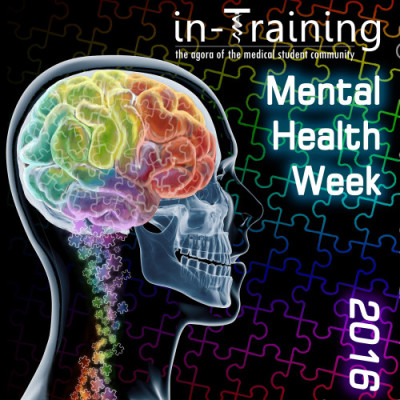My medical school, Indiana University, is one of the largest in the country with over 300 students in each graduating class. Sadly, each year it seems we lose one of our classmates to suicide. The surprising part? These numbers might be lower than the national average. In the United States, approximately 300 to 400 physicians commit suicide each year. A 2009 study in Academic Medicine reported that 12 percent of medical students had major depression and nearly six percent experienced suicide ideation. To visualize these numbers, in my class alone, statistically, 18 students have experienced suicide ideation and approximately 36 have major depression.
What about medicine and medical school cause medical students to experience 15 to 30 percent higher rates of depression? Personally, I believe it is a lack of conversation and recognition. Medicine appears to be a stoic field in which we believe that we can’t care for patients if we ourselves, the health care providers, are unhealthy, and as a result, we fake health. This problem is paramount when the illness is not visible,but rather mental.
The first step to addressing our field’s problem is seemingly simple, but realistically the most difficult: acknowledging there is a problem. The purpose of the in-Training Mental Health Week is to begin that discussion and provide an outlet for our colleagues to share their emotions, frustrations and silent struggles. The next step? Seek help. We encourage anyone who even thinks they might suffer from depression or prolonged periods of sadness or frustration to reach out to their schools’ counseling departments. Thank you for those that shared their experiences this week and we encourage all our readers to consider sharing in the future.


